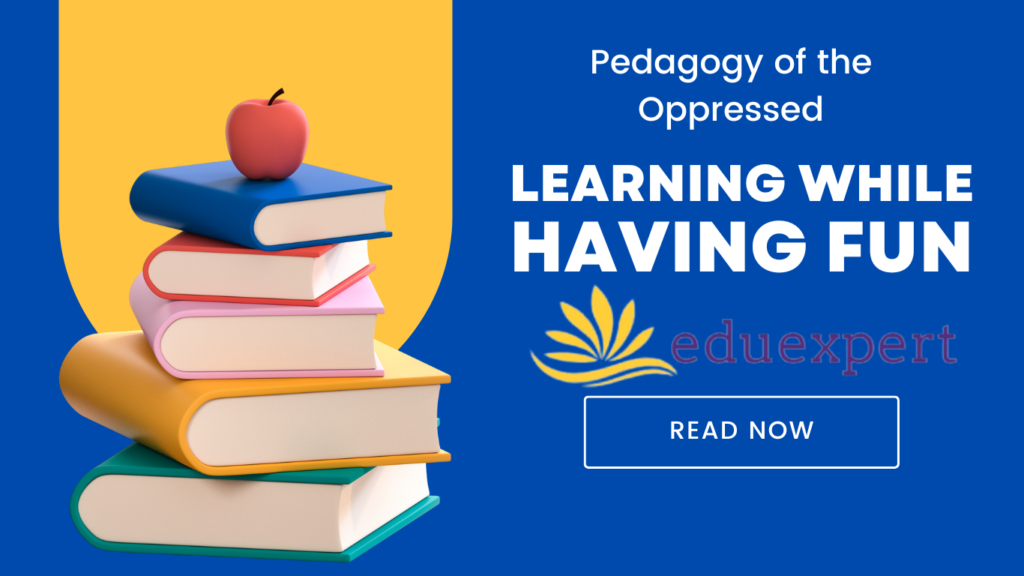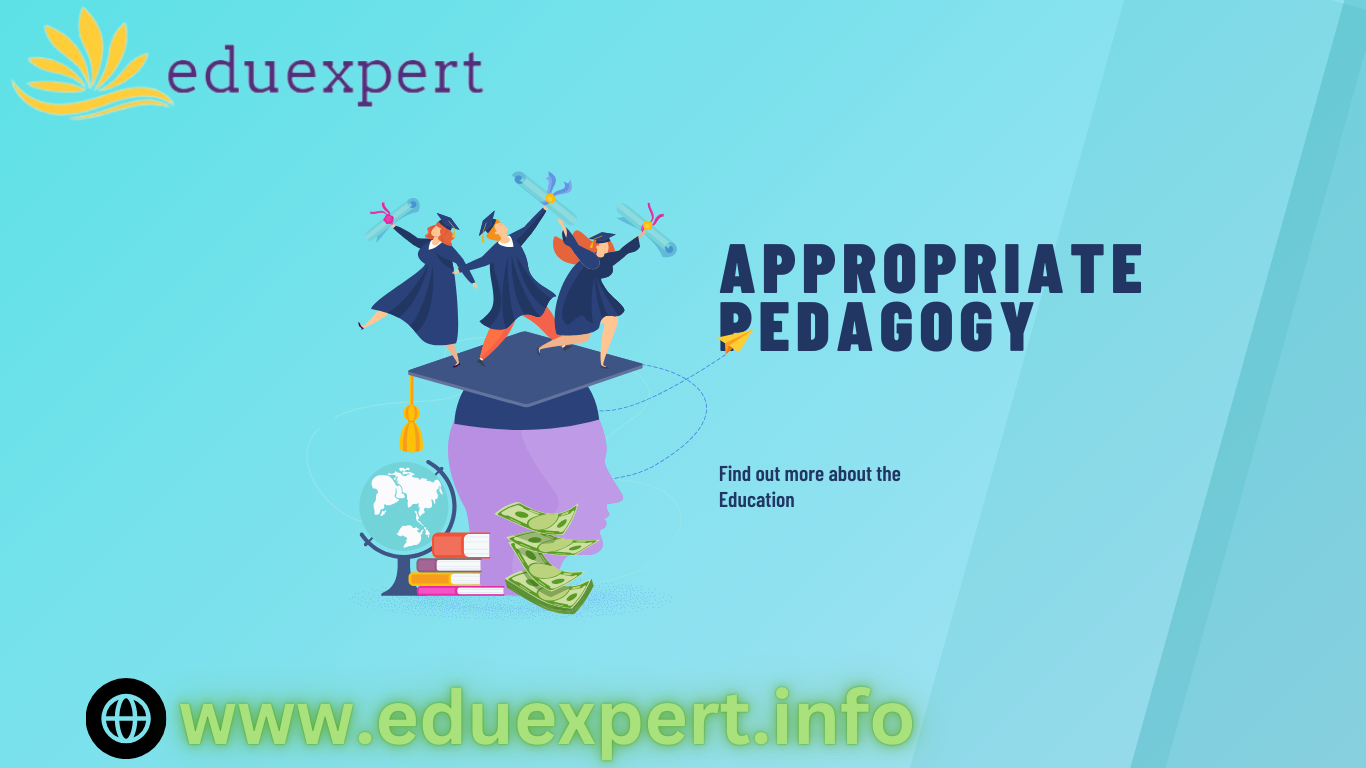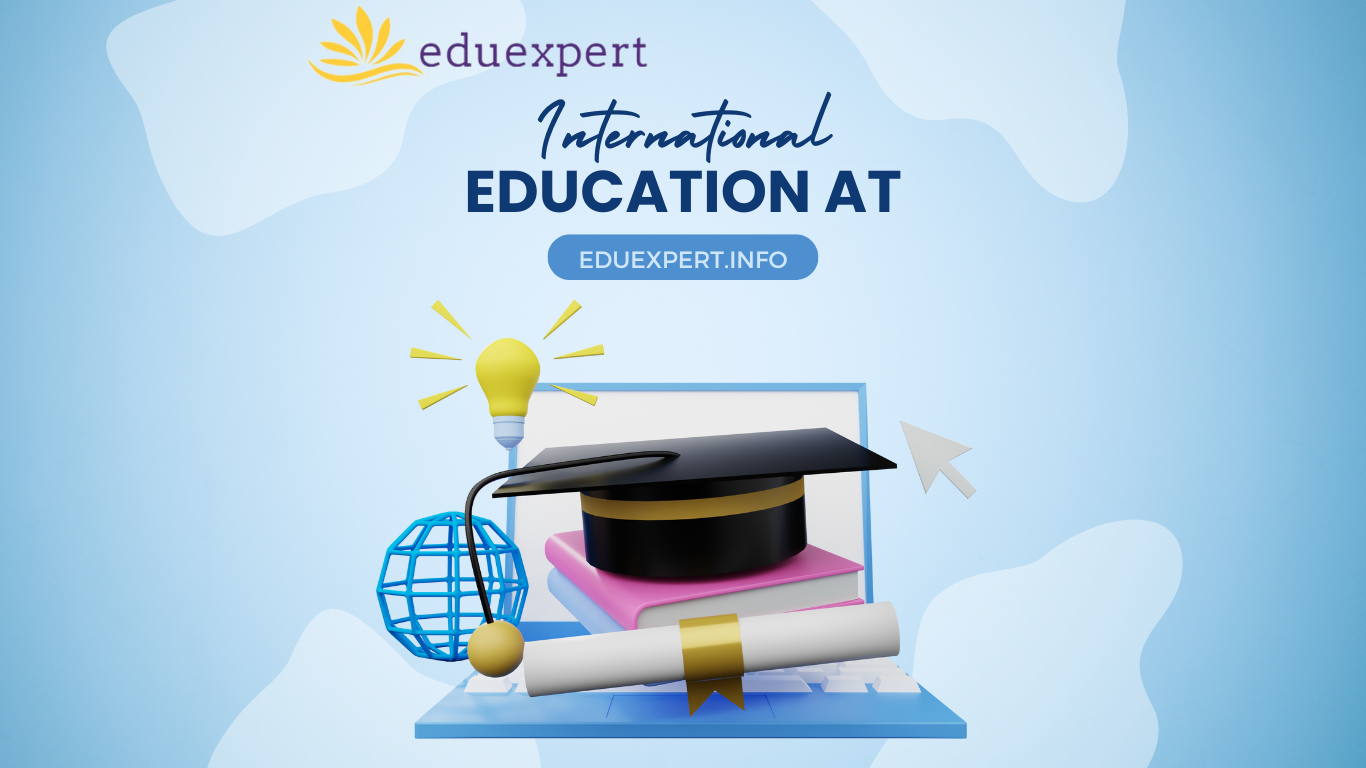Paulo Freire, a seminal figure in educational theory, remains profoundly influential through his groundbreaking work, “Pedagogy of the Oppressed.” Foremost broadcasted in 1968, this book challenged traditional education systems and offered a new way to think about knowledge and its relationship with power. Freire’s pedagogy centers around the idea that education should be dialogic, a tool for liberating the oppressed, and a means of developing critical consciousness. This piece delves deep into Freire’s pedagogical approach, exploring its foundational concepts, such as the banking model of education, dialogue, and praxis, and its significance in historical and contemporary contexts.
By engaging with Freire’s ideas, educators and learners can uncover the mechanisms of oppression embedded within conventional educational practices and seek transformative ways to educate for change. This exploration highlights the enduring relevance of Freire’s work and encourages us to reflect on the dynamics of power and liberation in our educational environments.
Biographical Context
Paulo Freire was born in Recife, Brazil, on September 19, 1921. Growing up in poverty during the Great Depression, Freire experienced firsthand the struggles of the marginalized, which deeply influenced his educational and philosophical outlook. His hardships were reflected in his empathetic approach to education and dedication to empowering the underprivileged.
Freire’s professional educational journey began in his native Brazil, where he worked primarily with impoverished and illiterate communities. His early experiences highlighted the inadequacies of traditional educational methods, which he saw as oppressive and dehumanizing. This realization spurred Freire to develop his pedagogical theories, which were revolutionary in emphasizing dialogue and critical thinking as the cornerstones of learning.
The political climate of Brazil in the mid-20th century, marked by instability and successive military regimes, also shaped Freire’s views. His active involvement in adult literacy programs was considered subversive, and in 1964, following a military coup, Freire was imprisoned as a traitor. After a brief stint in jail, he spent the next 15 years in exile, during which he wrote “Pedagogy of the Oppressed.” This seminal work was penned in Chile, where the prevalent socialist and anti-imperialist sentiments influenced Freire, further molding his ideas about education and oppression.
“Pedagogy of the Oppressed” was first publicized in Portuguese in 1968 and summarized in English in 1970. The book’s release came at a time of global upheaval—marked by the civil rights movement, anti-Vietnam War protests, and widespread demands for social justice—making Freire’s ideas resonate worldwide. His call for education as a practice of freedom rather than domination captured the imaginations of progressive educators and activists globally, setting the stage for a pedagogical revolution.
Core Concepts of the Pedagogy
1. The Banking Model of EducationPaulo Freire criticized traditional educational systems for adopting the “banking model of education,” where teachers deposit information into students who passively receive it. In this model, learning is a blessing bestowed by those who believe themselves knowledgeable upon those they feel to know nothing. According to Freire, this approach reinforces a rigid power dynamic between teachers and students and discourages critical thinking, ultimately maintaining systems of oppression.
2. Problem-Posing EducationIn Unlike the banking model, Freire proposed the “problem-posing education” approach. This method involves a dialogic exchange between teacher and student, where both learn and grow together. In problem-posing education, students are encouraged to question and challenge, transforming the traditional student-teacher relationship and actively participating in their learning process. This approach educates and empowers students, fostering a critical awareness that Freire called “conscientização.”
3. Conscientização (Critical Consciousness)Conscientização, or essential consciousness, is the power to sense sociable, political, and financial disclaimers and to take action against the domineering elements of reality. Freire saw this form of consciousness as necessary for oppressed individuals to transform their reality. Through education that promotes critical thinking, individuals can recognize oppressive conditions and work towards changing them.
4. Dialogue as a Tool for LiberationFor Freire, dialogue is an essential element of liberating education. He argued that only through communication can human life hold meaning. The dialogic process involves respect, reflection, and action, allowing individuals to create and change the world together. Education based on dialogue respects the knowledge and voices of all participants, challenging the hierarchical structures typical of traditional education.
5. Praxis in Freire’s philosophy combines reflection and action. True education, according to Freire, cannot exist without both. Students must reflect upon their world and work to change it. This synthesis of action and reflection makes education a transformative and liberating experience. (Introduction of Pedagogy).
Impact and Applications
1. Impact on Educational Theory and Practice Paulo Freire’s “Pedagogy of the Oppressed” has profoundly impacted educational theory and practice worldwide. His ideas challenged the status quo and inspired a generation of educators to reconsider the purpose and methods of education. Freirean Introduction of Pedagogy has been particularly influential in adult education and community development, where it has been used to promote literacy and empower marginalized groups. His emphasis on dialogue and critical thinking has encouraged educational practices that are more inclusive and participatory.
2. Application in Various FieldsBeyond the realm of traditional education, Freire’s ideas have permeated various fields, including social work, psychology, and community activism. In social work, Freirean concepts help practitioners engage with communities as service recipients and active participants in shaping their services. In psychology, his theories inform practices that consider the socio-political context of mental health. Furthermore, community activists globally use Freire’s methods to mobilize for social change, fostering greater community involvement and empowerment.
3. Critiques and Challenges of Implementing Freirean PedagogyWhile widely celebrated, implementing Freirean Introduction of Pedagogy is challenging. Critics argue that his model could be more idealistic and easier to apply within the constraints of formal educational systems, which are often bound by standardized curricula and testing. Additionally, the deep level of dialogue and participation required can be time-consuming and may only sometimes be feasible in large or diverse classrooms.
4. Educational Reform Movements Freire’s influence can be seen in various global educational reform movements, from Brazil’s literacy campaigns to North American alternative schools. His work has supported movements that seek to democratize education and make it more responsive to the community’s needs rather than bureaucratic mandates.
5. Continuing Relevance in Technology and Online Education In the digital age, Freire’s ideas on dialogue and interactive learning have found new applications in online education platforms. These technologies present unique ways to engage in problem-posing education and promote a global dialogue among learners, developing Freirean Introduction of Pedagogy into the digital realm.
Modern Relevance
1. Educational Challenges and Inequalities In a world where educational inequalities persist, Freire’s critique of traditional education remains highly relevant. His focus on dialogue and critical thinking offers a counterpoint to educational systems that still favor rote learning and standardized testing. Freire’s ideas challenge educators to consider how education can be used as a tool for social justice, helping students from marginalized backgrounds gain the skills and awareness needed to challenge their circumstances.
2. Globalization and Cultural ExchangeAs globalization increases the exchange of ideas and cultures, Freire’s emphasis on dialogue takes on new significance. His pedagogical approach encourages understanding and collaboration across cultural boundaries, promoting education that respects diverse perspectives and fosters global citizenship.
3. Technology in EducationThe rise of digital technology in education has opened up new avenues for dialogic and problem-posing education methods. Online platforms and virtual classrooms can facilitate the kind of participatory learning Freire advocated, allowing students from different parts of the world to engage with each other and educators in meaningful dialogue.
4. Social Movements and Activism Activism Freire’s concept of conscientização is particularly relevant to contemporary social trends. From the Black Lives Matter campaign to environmental activism, Freire’s opinions about critical consciousness and the role of education in social change are reflected in how activists educate and mobilize communities to fight for their rights and a better world.
5. Responses to the COVID-19 Pandemic The COVID-19 pandemic has highlighted and exacerbated educational disparities, making Freire’s work particularly pertinent. The shift to remote learning has posed significant challenges but also presented opportunities to rethink and redesign educational practices in line with Freirean principles. Educators are finding ways to use technology to transmit information and create interactive, empowering learning experiences that reflect Freire’s ideals.
Critiques and Controversies
1. Criticism of IdealismOne of the primary criticisms against Freire’s work is its perceived idealism. Critics argue that his vision for education, while noble, is too utopian for practical application in structured educational systems. They contend that the rigorous demands of dialogue and critical consciousness are difficult to sustain in environments constrained by time, resources, and institutional policies.
2. Practicality and ImplementationImplementing Freirean Introduction of Pedagogy can be challenging, especially in traditional schools that operate under strict curricula and standardized testing regimes. Teachers may need help to adopt Freire’s methods within the existing frameworks that prioritize quantifiable outcomes over transformative educational experiences. This has led to debates about whether Freire’s pedagogical approach can be fully realized or if it must be adapted to fit into the current educational landscape.
3. Political Bias Freire’s explicit commitment to Marxist theory and his emphasis on class struggle has led some to view his Introduction of Pedagogy as overly politicized. Critics from more conservative perspectives argue that education should be neutral and worry that Freirean methods might indoctrinate rather than educate students. This political critique suggests that Freire’s educational theories might alienate certain groups or impose a particular ideological viewpoint.
4. Application Across CulturesWhile Freire’s methods have been widely adopted, some educators argue that his theories are only sometimes applicable. The cultural specificity of Freire’s Brazilian context raises questions about the relevance and effectiveness of his pedagogical approach in different cultural settings. Critics point to educators’ diverse challenges, suggesting that a one-size-fits-all approach may only be effective in some contexts.
5. Evolving Educational Needs As the educational landscape evolves with technology and globalization, some question whether Freire’s emphasis on dialogue and liberation remains relevant today. Critics argue that modern education requires a new set of theories that can address the unique challenges of the 21st century, such as digital literacy, artificial intelligence in education, and global interconnectivity.
Conclusion
Paulo Freire’s “Pedagogy of the Oppressed” remains a cornerstone in educational philosophy, offering a powerful critique of traditional educational methods and a compelling alternative through dialogic, problem-posing education. Despite the critiques and challenges associated with its implementation, Freire’s vision continues to inspire educators, activists, and thinkers around the world to pursue an education that is not only informative but transformative.
Freire’s Introduction of Pedagogy encourages a critical engagement with the world, fostering an education beyond the classroom to effect real social change. His emphasis on dialogue and critical consciousness empowers individuals to recognize and challenge the oppressive structures that limit potential, advocating for a world where education is a practice of freedom.
Call to ActionFor educators and policymakers, the challenge is to incorporate Freirean principles into contemporary educational practices, adapting his ideas to a rapidly changing world. This might involve rethinking curricular structures, embracing technology as a tool for dialogue, and creating learning environments that prioritize student agency and participation. (Introduction of Pedagogy
For activists and social reformers, Freire’s ideas serve as a reminder of the transformative power of education as a tool for social justice. Engaging communities in dialogue, raising awareness, and building critical consciousness can drive social movements and lead to meaningful change.
As we navigate the complexities of the 21st century, Paulo Freire’s legacy offers a beacon of hope and a guide for creating more equitable and just societies through education. Let us carry forward his revolutionary spirit, remembering that every moment of learning is also a moment of liberation.





